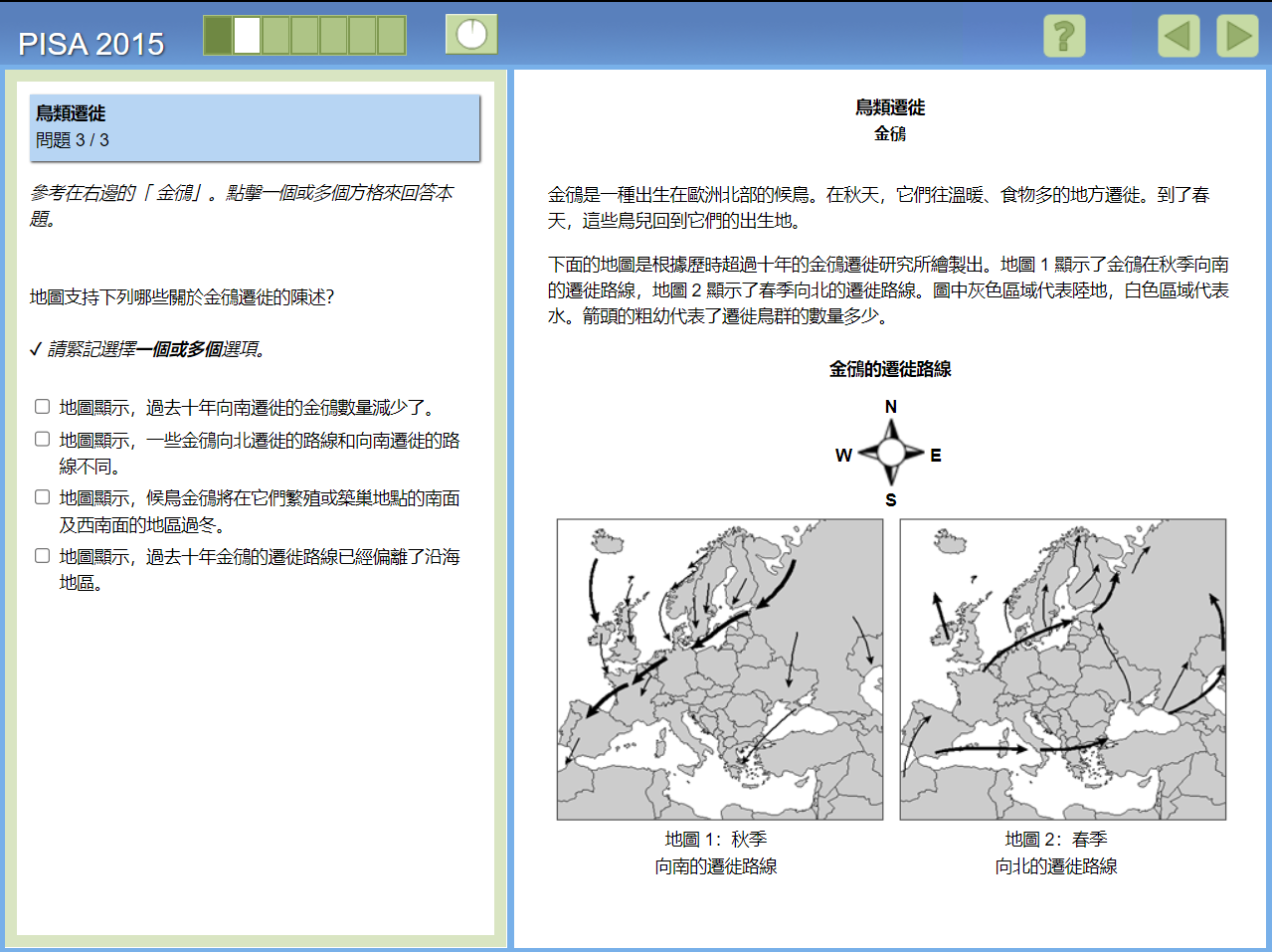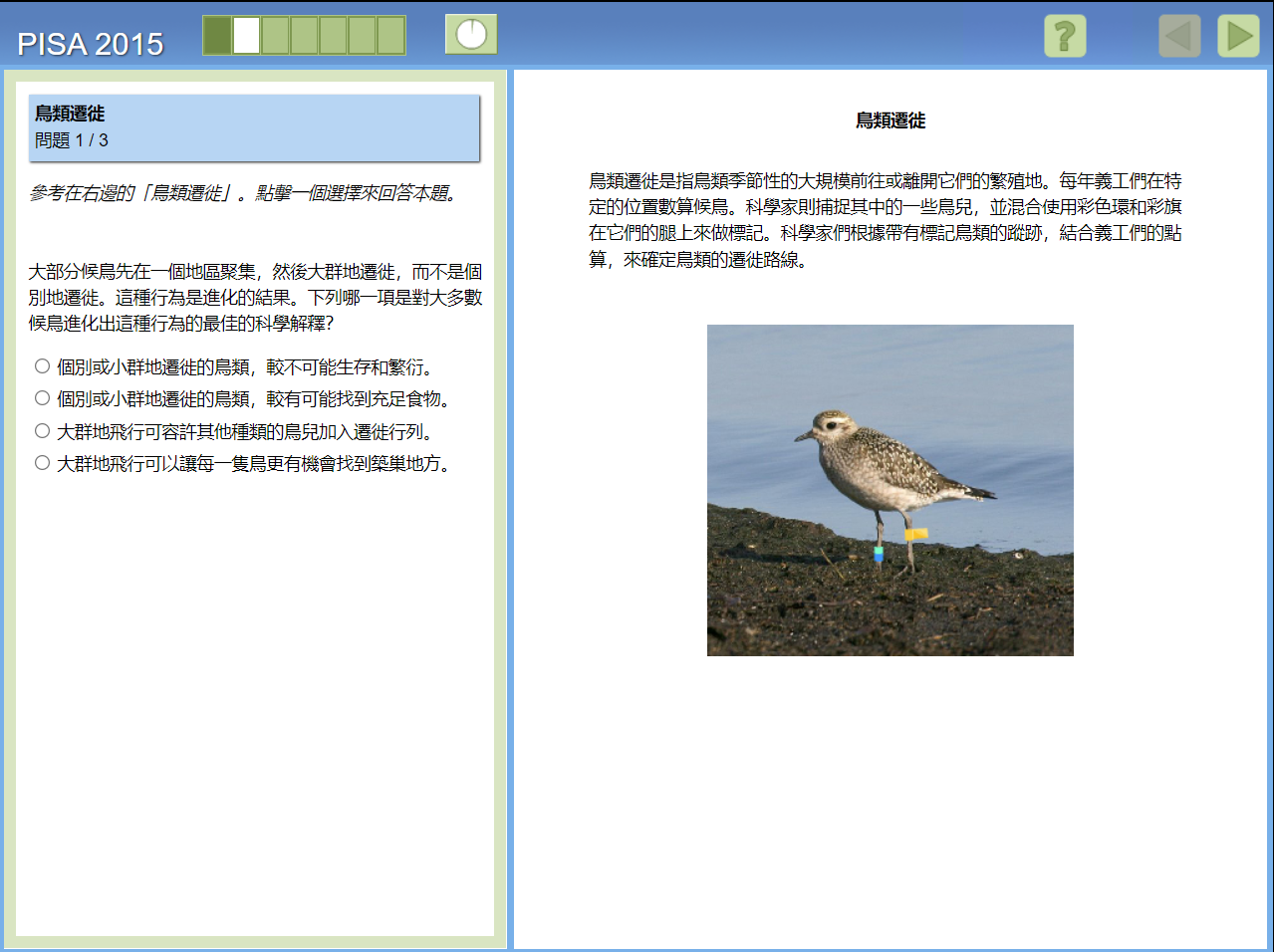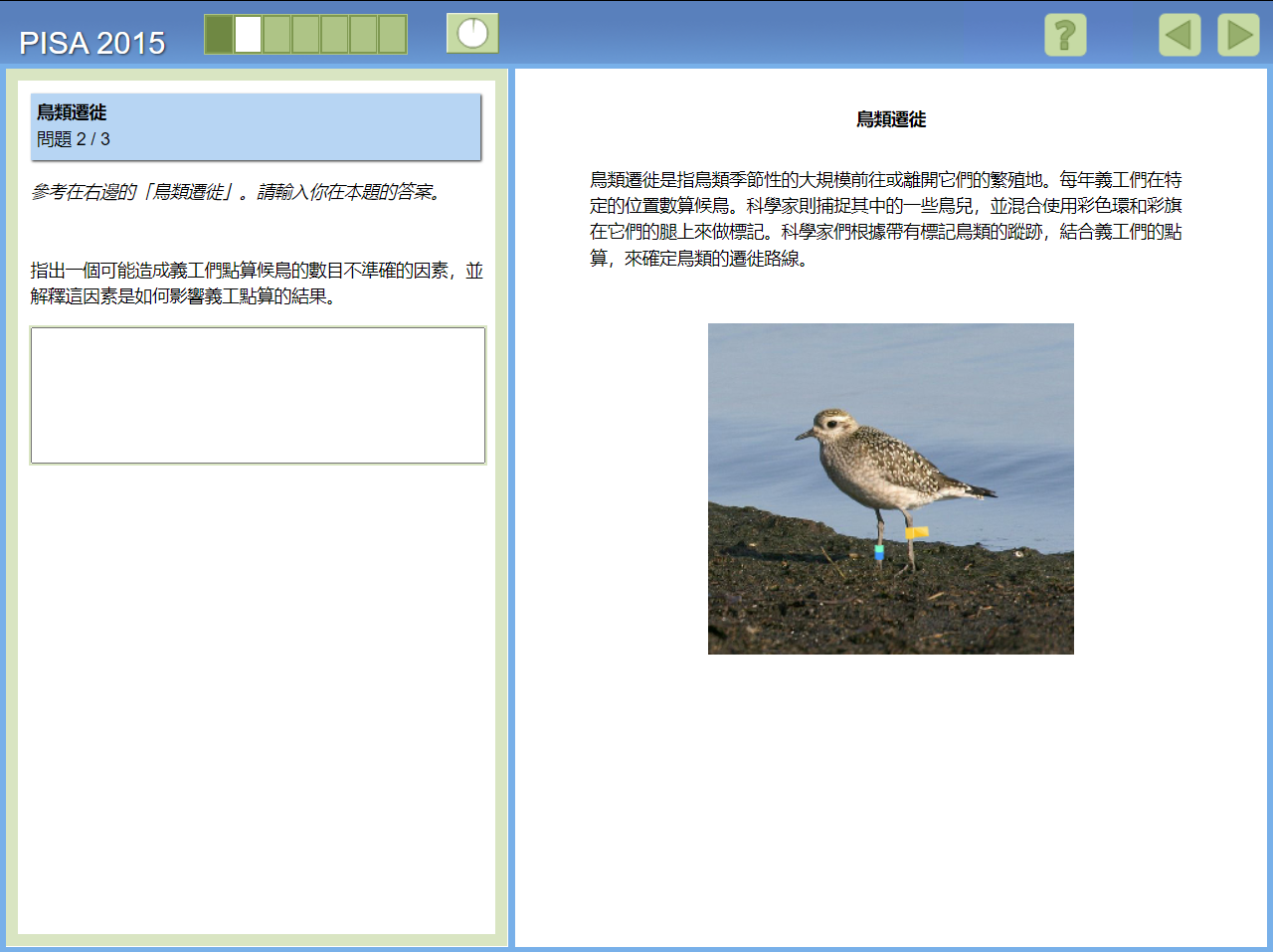Scientific Literacy
The PISA 2025 Science framework (OECD) defines ‘scientific literacy’ as being able to explain phenomena scientifically, construct and evaluate designs for scientific enquiry and interpret scientific data and evidence critically. Apart from emphasising the importance of being able to apply scientific knowledge in the context of real-life situations, more emphasis is now placed on the construction and evaluation of scientific designs as part of the process of engaging in enquiry.
The Science framework elaborated that with the societal context now dominated by information sources on the Internet, many of them scientific, this places a new emphasis on educating students to ‘research, evaluate and use scientific information for decision making and action’. There has been a change to the affective factors influencing the competency from a focus on attitudes towards science to a focus on measuring a broader concept of ‘science identity’, which has been shown to be more comprehensive in describing students’ engagement in science.
Education for sustainability and environmental education is also a focus in the PISA 2025 Science framework. These elements are synthesised under the concept of ‘Agency in the Anthropocene’ and the framework defines competencies which are considered elements of this construct which will be measured in the 2025 assessment.



